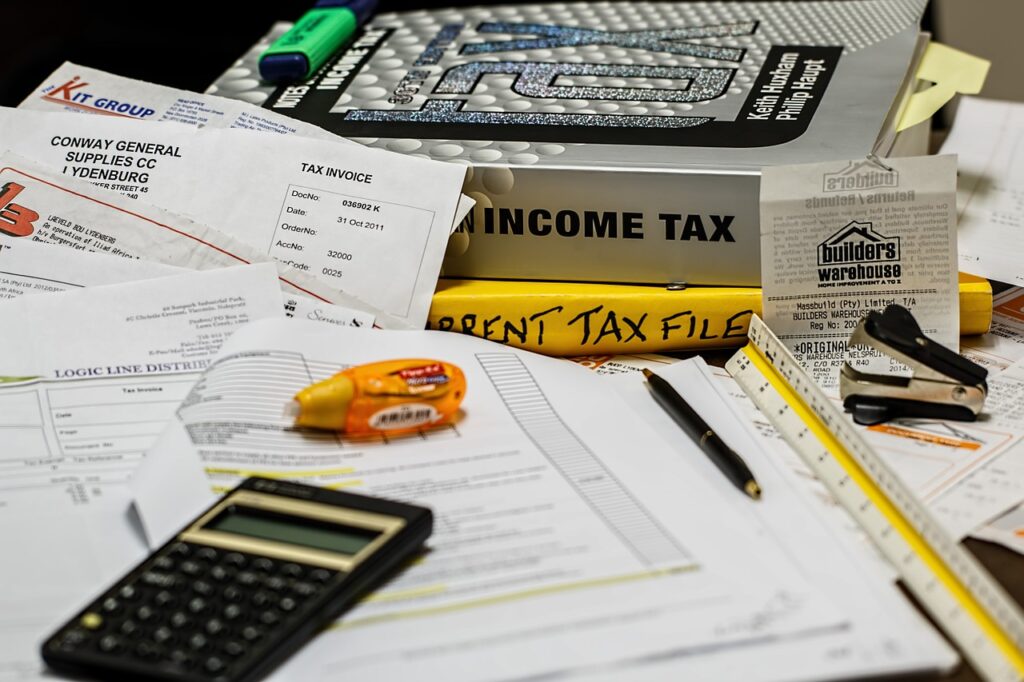
Perhaps you have had a company car for some time or maybe this is your first company car – whatever the case, the current regulations don’t make it easy to understand what the ins and outs of getting a company car and how you can avoid the pitfalls.
Hippo Motor Finance has financed thousands and thousands of cars over the years using our panel of 14 proven lenders. We know and understand finance so we want to make sure it’s easy for you to understand what the advantages and disadvantages of having a company car are and how you can make best of your company car allowance.
What is Benefit in Kind (BIK)?
First things first… let’s understand what a BIK is. Businesses frequently use company cars as incentives for their employees, but company cars are also essential for employees that travel from place to place.
First of all, using a company car purely for business use is not considered a taxable benefit so if you only use the vehicle for business purposes then you will not pay tax.
Unfortunately this does not include commuting to and from work in the case of cars, which is considered a taxable benefit.
In short, if you use the vehicle for business purposes and then leave it on site you don’t benefit, so no taxable benefit is due. If you take the car home with you, it is a benefit in kind.
In terms of paying the least tax legally possible, it pays to be strategic. It’s impossible to avoid the reach of the tax man when it comes to company cars but if you understand how BIK cars are taxed then you are in a much better position to understand what you are in for and also to select vehicles and finance deals that attract less tax.
How is BIK calculated?
So how is Benefit in Kind tax calculated? The method is liable to change so we always recommend that you check the latest regulations here, or alternatively check with your accountant, but in essence, as of the beginning of 2019, you need to consider four factors for private car BIK, though the rules are slightly different for vans. The BIK tax banding for your car can also be found on the link above. You need to know:
P11D value of your car
Its BIK Tax Band (based on the car’s emissions). Add 4%
If the car is diesel (increases the BIK tax band by 4%)
Your own income tax band, which is 20% or 40% income tax
Once you know these, you can calculate BIK tax thus:
(The P11D value of the car) x (the BIK Tax Band (+ 4% if the car is a diesel)) x (Your own Income tax banding)
The P11D value is the list price of your car which in most cases is more than you will actually pay for your car as no discount has been applied when it’s valued by the government.
How do I pay the lowest BIK tax legally possible?
Company car tax advice website Comcar has a great tool to establish the BIK you will pay but it stands to reason that if you want to reduce the tax you pay then you need to look at:
- The cost of the car or P11D value – ideally the lowest
- The emissions of your new car which will define the tax band it’s in
- Electric, Petrol Hybrid and Petrol cars will not attract the 4% Diesel surcharge
There is not much you can do about your tax band but the three points above will go a long way to defining how much you pay as illustrated below:
Take two very similar cars (at least from the outside), the Mini Countryman Cooper SD 2 litre All4 Sport Auto with a list price of £30,585 and the Mini Countryman PHEV Classic with a list price of £31,895 both without any optional extras.
The Diesel Cooper SD would result in a BIK tax of just over £2,000 for a 20% income tax payer and £4,000 for a 40% taxpayer while the hybrid petrol PHEV Countryman comes in at just £1,018 for 20% income taxpayers and £2,037 for 40% payers.
So a more expensive car attracts half the tax! It certainly pays to do your homework when it comes to Benefit in Kind and you would rather keep your hard earn cash in your pocket.
BIK tax and vans
The rules on vans are a bit different. For one, commuting to and from work in a company car is not considered personal use and drivers of vans are allowed to use the van for the odd piece of personal use such as taking rubbish to the dump, but only occasionally and you are also allowed to drop off the kids on the way to work but not if it’s a sizeable amount out of your way. Frankly, the rules on occasional private use are rather hazy but if you took the vehicle on a family holiday or made regular private runs in the vehicle then you would fall foul of the rules.
For vans, the government uses a figure of £3,350 and then (if you use the van for personal use) you would need to pay 20% or 40% depending on what income tax band you fall into. In effect, this means that if you are a 20% income taxpayer, you could have a decent double cab on your front drive that you use for business as well as private use for £66 per month – not a bad deal!
Double cabs with a payload of over a tonne qualify as commercial vehicles so can be a good, legitimate way of paying less tax and vehicles like the Nissan Navara, Mitsubishi L200, Volkswagen Amarok, Toyota Hilux and Isuzu D Max become a good option for those who want something they can use for work during the week and for the family at the weekend.
Your company will want to consider if it should purchase or lease the car that you are going to use be it for work or private purposes. Hippo Motor Finance is perfectly placed to provide best in class business leasing and we have all of the double cab makes above plus many more vehicles that classify as commercial vehicles but we also have business leases for cars that attract less tax due to their low emission.
To discuss your business car finance requirements with our expert team, call Hippo Motor Finance today on 01254 956 777 or email [email protected] today.













